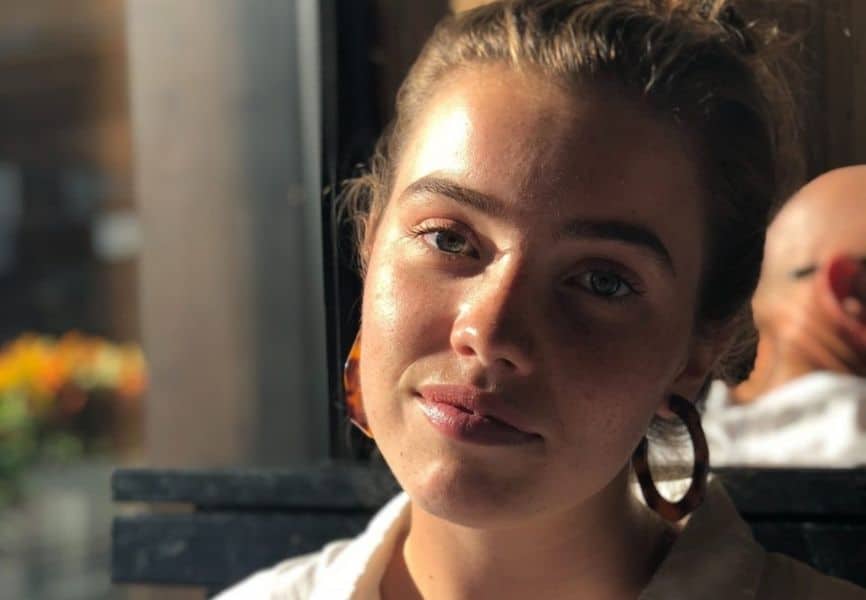Ocasio-Cortez, after giving a speech for The National Action Network Convention in 2019, was accused by conservative pundits of appropriating language that they claimed was not hers to use. Cue WRD undergraduate Isabel Cueto, recently published in Volume 13 of Creating Knowledge, who rhetorically analyzed the situation in her article “Linguistice Discrimination: The Case of Online Commentary on the Language of Alexandria Ocasio-Cortez.” Cueto looks at a case of linguistic discrimination in the rapid world of online political discourse, examining its occurrence as an opaque shade for for racism and sexism.
We caught up with Cueto to ask her questions about her piece, what her inspirations were, and what her process was like for writing the piece.
Could you briefly explain your inspiration for this piece? What spurred you to write about Ocasio-Cortez in this context?
I originally wrote this paper for WRD 264 Language, Self, and Society with Dr. Jason Schneider. We looked at topics in sociolinguistics including language ideology and discrimination and how language functions alongside other mechanisms of power and oppression.
I was able to choose my topic for my final paper, and I was looking for an example of how linguistic discrimination functions in context, which was when I found an article written about a series of tweets from different media personalities attacking a speech that AOC gave in 2019. From there I began to investigate and it turned out to be a powerful example of one manifestation of linguistic discrimination and power.
I see you’ve quoted Young quite a bit. Who were some of your scholarly inspirations for this piece?
I have so many scholarly inspirations but, Dr. Vershawn Ashanti Young’s work on the intersections of language, education, identity, and culture and his work on code meshing has been really influential to me. I remember the first time that I read something by him in 2018, his discussion of these ideas were so accessible and really impactful to me. Thinking about language and education through the lens of ideology and power has really changed me as a student and as a writing tutor. Dr. Rosina Lippi-Green is another person who writes about language ideology that was really influential specifically for this piece.
You have a section called “Linguistic Discrimination & Linguistic Borrowing.” Could explain in casual terms what you are speaking about here?
Linguistic disrimination is the way in which certain uses of language are persistently devalued and deligitmized. Specifically, this goes hand in hand with the idea of “standard English,” especially as we see it at DePaul and in the university. There is a common perception of academic writing as exclusively reflecting the language patterns of white, upper middle class, traditionally educated people – but that really works as an intentional mechanism of exclusion of a lot of people who don’t use language that way.
Linguistic borrowing has to do with the idea that language is a fluid and changing thing that is shaped by those who use it and by contact among communities who use language differently (and everyone does use language a little bit differently.) So, when you have diverse communities, the different ways that people use language influence one another.
I know that you worked with some of the WRD faculty on this piece. Could you talk about that process a bit, just a little about the back and forth work of it?
I worked with Dr. Schneider on one round of revisions on this paper before I submitted it to the WRD Creating Knowledge committee. When my piece was selected, I then went through three or four rounds of revisions and a process of editing with Dr. Tim Elliott. This process was completely new to me, but it was great to return to a piece I had already written and have the opportunity to change things that I knew could be better. I ended up writing 3 or 4 more pages worth of content and really working on organization and structure. Dr. Elliott was very helpful and supportive. The process was that I would spend a week or two working through changes I wanted to make and feedback from the committee and then I would meet with Dr. Elliott to talk about those changes and get feedback.
